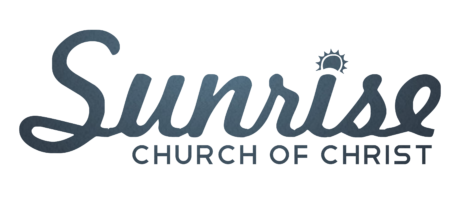When my son was young, he would “help” me mow the lawn by walking right in front of me and holding the handle, but what he didn’t know was that his dad was really doing most of the work. When my younger daughter was little, she “ran” the Bloomsday road race with me, primarily by riding on my shoulders while I did most of the actual running. And when my older daughter was young… well, actually, never mind because she never let me help her with anything! Let’s just say she had a number of bike-riding mishaps that didn’t need to happen if she would only have stopped to let her dad help.
These memories remind me of the strategy an ancient farmer would use to train an inexperienced ox: by yoking it to an experienced one with a wooden harness. The straps around the older animal were tightly drawn, meaning that he carried the load. The yoke around the younger animal was loose. He walked right beside the more mature ox, but his burden was light. This picture helps us understand what Jesus told us in Matthew 11:28-30:
28 “Come to me, all you who are weary and burdened, and I will give you rest. 29 Take my yoke upon you and learn from me, for I am gentle and humble in heart, and you will find rest for your souls. 30 For my yoke is easy and my burden is light.”
Jesus essentially says, “I will walk alongside you. We are yoked together. But I will pull the weight and carry the burden.” Just as my young children did not realize how much of the work-load I handled for them, I sometimes wonder how many burdens Jesus carries for us that we know nothing about. We tend to remember that he takes on our sins and our shame and our debt, but as Max Lucado writes, “Are there others? Has he lifted fears before we felt them? Has he carried our confusion so we wouldn’t have to? Those times when we have been surprised by our own sense of peace? Could it be that Jesus has lifted our anxiety onto his shoulders and placed a yoke of kindness on ours?”
Do you sometimes need to stop and let your Dad help? You only need to ask, or at least to realize that the “help” you give Him is practically nothing in comparison to the work He does for you. Can you help Him to help you? And can you thank Him for the burdens He carries so effectively that you hardly even notice them?
Troy Burns
